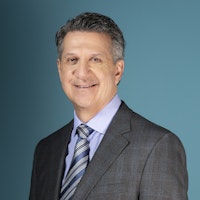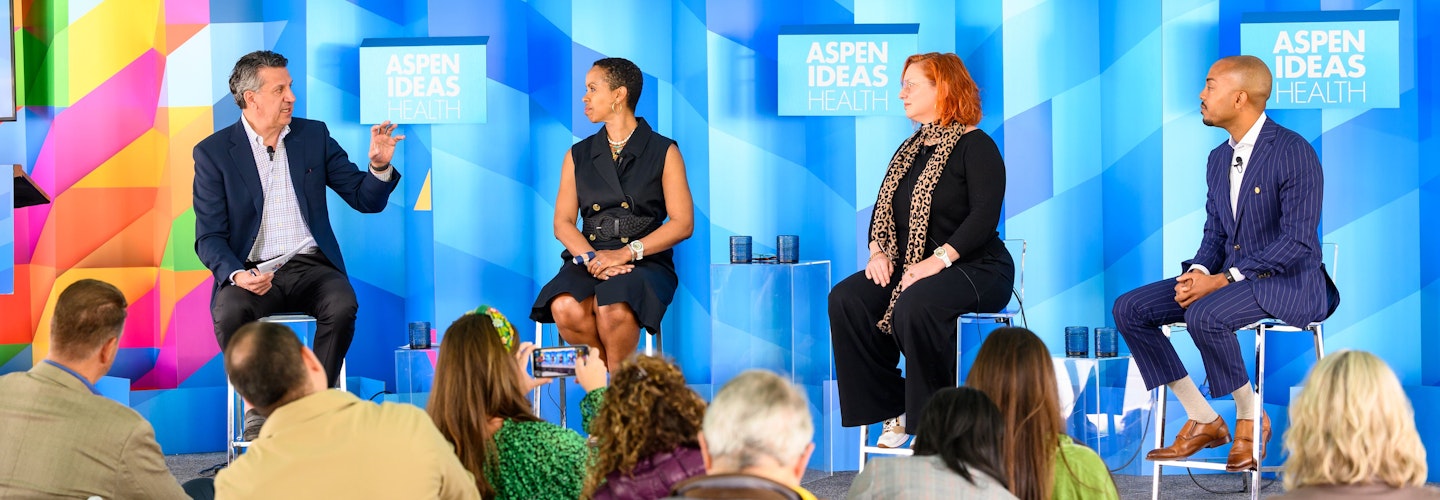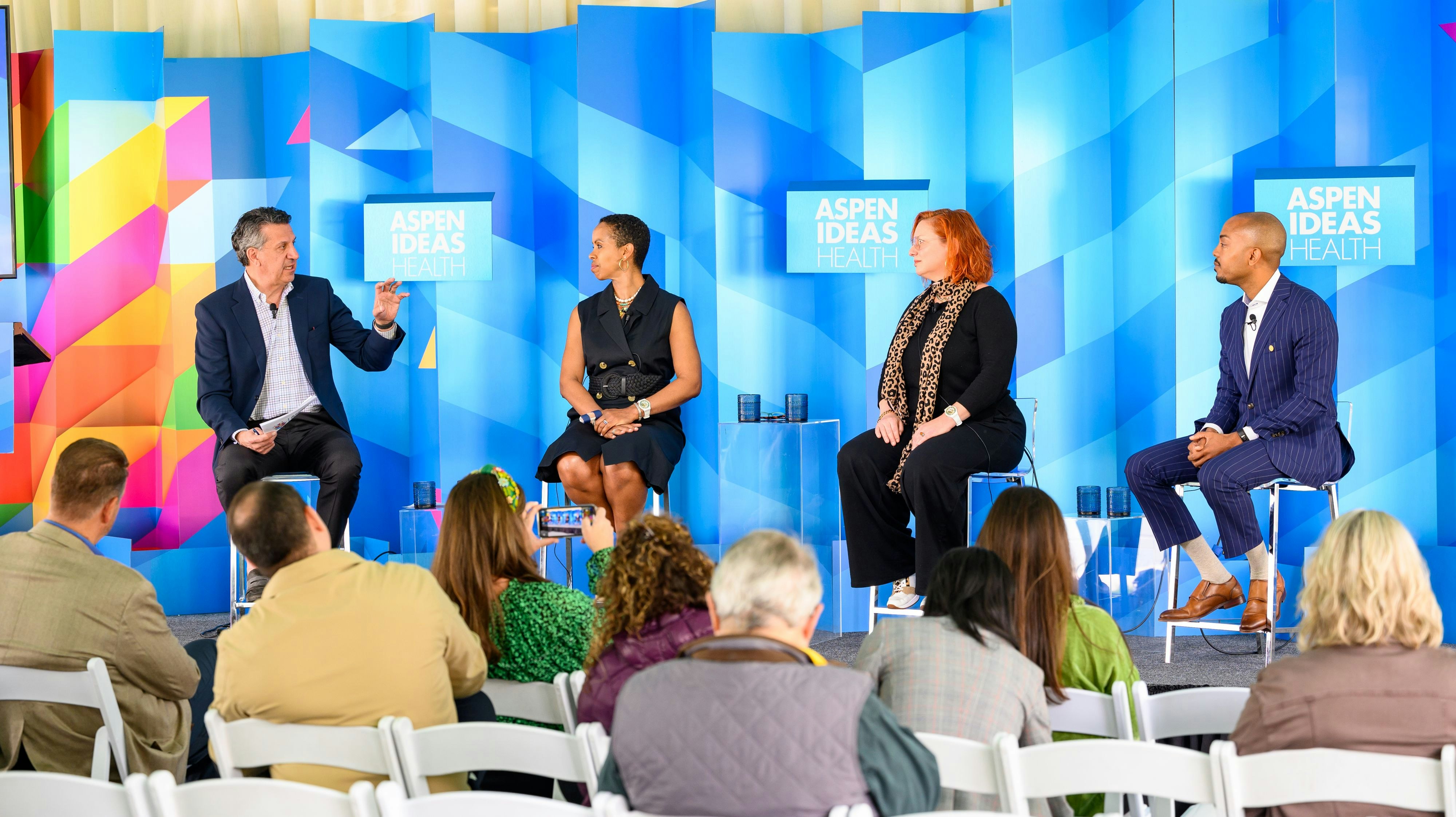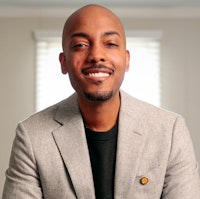

By John Trizzino, Executive Vice President, Chief Commercial Officer and Chief Business Officer, Novavax
The past several years in the healthcare industry have seen incredible innovation, collaboration and progress made to develop and deliver vaccines around the world. The industry has delivered multiple vaccine options in record-breaking time and has broken down silos to partner in delivering these vaccines to many communities. There have been a lot of successes, but we know we still have work to do. As we’ve collectively sought to combat COVID-19, several healthcare system challenges and inequities have been brought to light. Many of these challenges, from access gaps in rural and underserved communities to social inequities and misconceptions have been longstanding issues in the healthcare ecosystem. As someone who has been part of the vaccine industry for more than 25 years, I am proud to play a role in facing these challenges head-on.
Earlier this year, Novavax participated in Aspen Ideas: Health 2022 (AIH) to engage experts in conversation so that we can learn and evolve from our collective COVID-19 experiences. I was fortunate to be joined by distinguished industry leaders during a panel session, including Dr. Lauren Smith, Chief Health Equity and Strategy Officer at the CDC Foundation, Lori Rose Benson, Executive Director and CEO of Hip Hop Public Health and Dr. Darrell Gray, Chief Health Equity Officer for Elevance Health, for a robust discussion about how we can reshape our approach to better protect the health of people everywhere.
Enhance healthcare infrastructure to ensure equitable vaccine access
When considering vaccine distribution across regions, we know that earlier in the COVID-19
pandemic, vaccine distribution and access were a challenge. In many parts of the world, we still have work to do to ensure truly equitable access. However, incredible progress has been made in the U.S. If we had this pandemic fifteen years ago, delivery of vaccines would have been limited because we didn’t have the distribution infrastructure needed to make doses available. Today, we have almost every pharmacy in the U.S. providing vaccines, which has proven to be critical in ensuring access across communities.
Additionally, while those in the public health sector endorse the broad benefits of vaccination in preventing serious infectious disease, we also know that the introduction of COVID-19 vaccines resulted in a tremendous amount of noise about myths and misconceptions. When thinking of how we can better educate, discuss and foster acceptance of vaccines in all communities – across geographic locations, socioeconomic statuses and racial populations – our panel discussed the importance of addressing challenges to ensure equitable vaccine access and uptake.
Dr. Gray stated, “Change happens at the speed of trust. If we are going to be that trusted partner, then we can’t take this siloed approach to vaccines or physical health. We must address the social barriers that could prevent people from accessing or utilizing vaccines. You can imagine, for one person, their priority may be food security or transportation to be able to get their kids to school or to the grocery store. If we’re not addressing those things, then they aren’t going to hear us or partner with us to get vaccines.”
It's through this holistic approach that we can make the most meaningful change and truly help vaccines make a difference.
Dr. Smith added, “Many of the community-based organizations that we have partnered with really took a holistic approach of seeing individuals and their community as complete and full humans who have a full life around them. Seeing them in that way and having community leaders and influencers reach out recognizing those competing priorities then created the space to allow them to hear the importance of vaccines.”
Engage trusted community members and healthcare organizations
Achieving vaccine equity requires authentically communicating with and listening to all communities. As healthcare leaders, we must go where the community is to hear their stories, comprehend their challenges and better understand how to overcome their hurdles. Healthcare leaders and community members must march in lockstep in order to spark enthusiasm for vaccines.
Hip Hop Public Health is a non-profit organization focused on harnessing the transformative power of music, art, culture and science to deepen health literacy and inspire positive health choices for young people and their families in communities of color. It was among 30 arts and cultural community-based organizations to receive a grant from the CDC Foundation to build COVID-19 vaccine confidence across the U.S.
“We believe that the people closest to the problem are the ones closest to the solution,” Benson said. “Music is really central in our approach to health literacy and health behavior change. And when you weave music and culture into meaningful messaging you can really create those deep, emotive connections.”
Educating and empowering trusted voices in the community can complement healthcare’s vaccine education and delivery efforts. As Lori Rose Benson said, “It’s the messenger. It’s the message. It’s the moment. And it’s the medium.”
Dr. Gray noted, “When we think about how we make vaccines more accessible, how we speak the language of people; we have to be in those spaces… To be able to be that voice proximal to the community where people are.” He went on to add, “We have to listen, and the approach may be different for different populations. As we think about health equity and COVID vaccine access and utilization, it’s not one size fits all.”
Collaborate to make change
The theme of our discussion was “Getting Through the Last Mile.” This was intended to be literal - traveling that extra mile in countries that are still working to gain access to these potentially life-saving vaccines - and figurative, in taking the last step to reach communities still at risk.
In reflecting on the work of the past two years, one of the keys to success was finding like-minded individuals and organizations with whom to partner to make a difference. I believe strongly that effective change comes through multifaceted, cross-functional partnerships across our communities: between non-profit organizations, pharmaceutical companies, healthcare networks, foundations and others. Everyone has a role to play.
“If we are going to be effective in this space, it’s really going to be through partnerships,” said Dr. Gray. “Not just our individual organizations or companies partnering with communities but partnering across industries. It sounds easy, but that is a challenge in how we can work best together to accomplish what we’re all trying to achieve.”
Where do we go from here?
Together, we can change outcomes and address unmet needs. I was energized and invigorated with new ideas, approaches and ways of coming together to achieve a common goal during our time together in Aspen. I’m back on the east coast with a number of new friends and a spark to create an ecosystem where industry and communities coalesce to effect positive change – successfully unleashing our respective superpowers. When we see a barrier to vaccine or healthcare access, let’s work together to forge new paths to connect with diverse and underserved communities and challenge the status quo.
At Novavax, we are working to take that step forward to continue to bring these conversations to life; to create solutions together that help protect the health of people everywhere. Be on the lookout for future opportunities to connect with us and others in this space who are making a difference.
__________________________________________________
The views and opinions of the author are their own and do not necessarily reflect those of the Aspen Institute.





